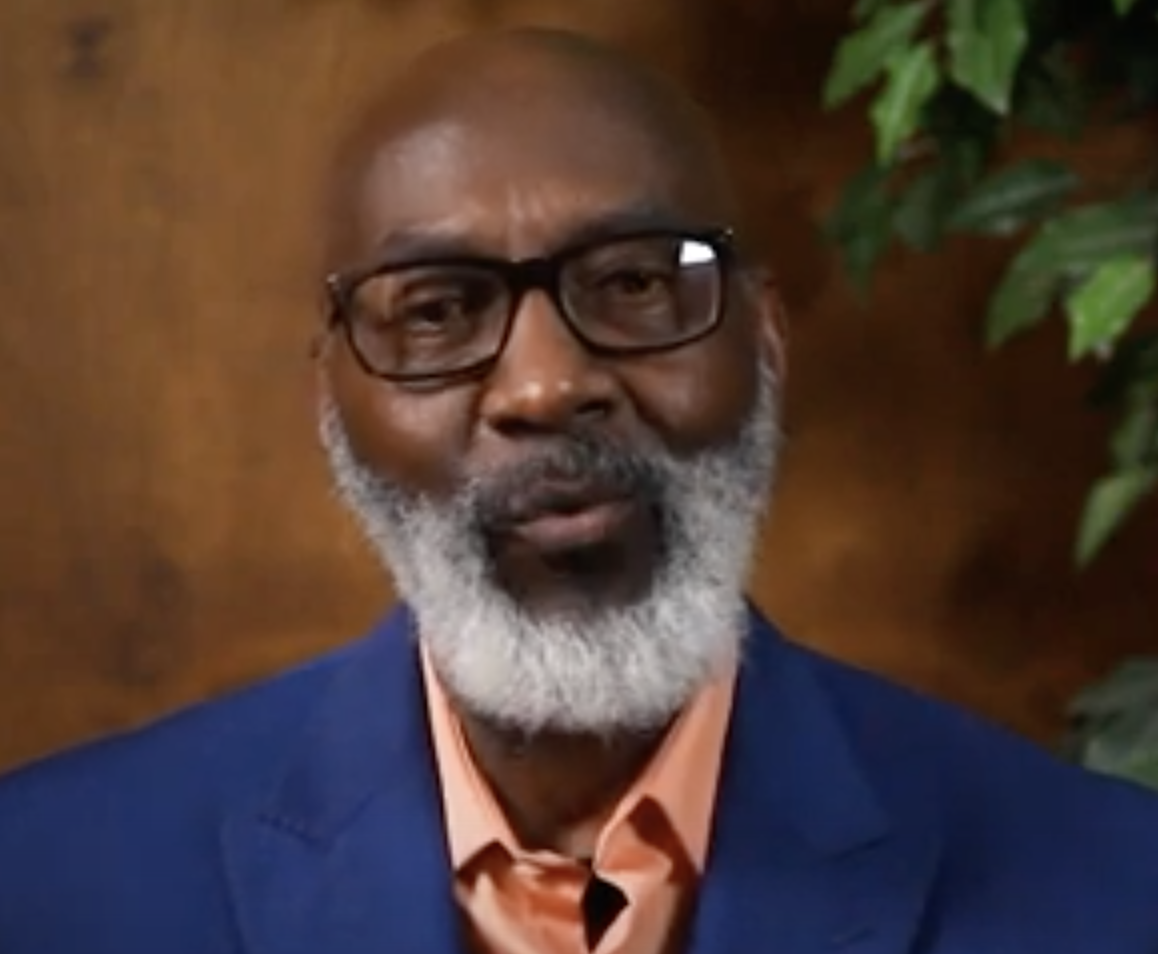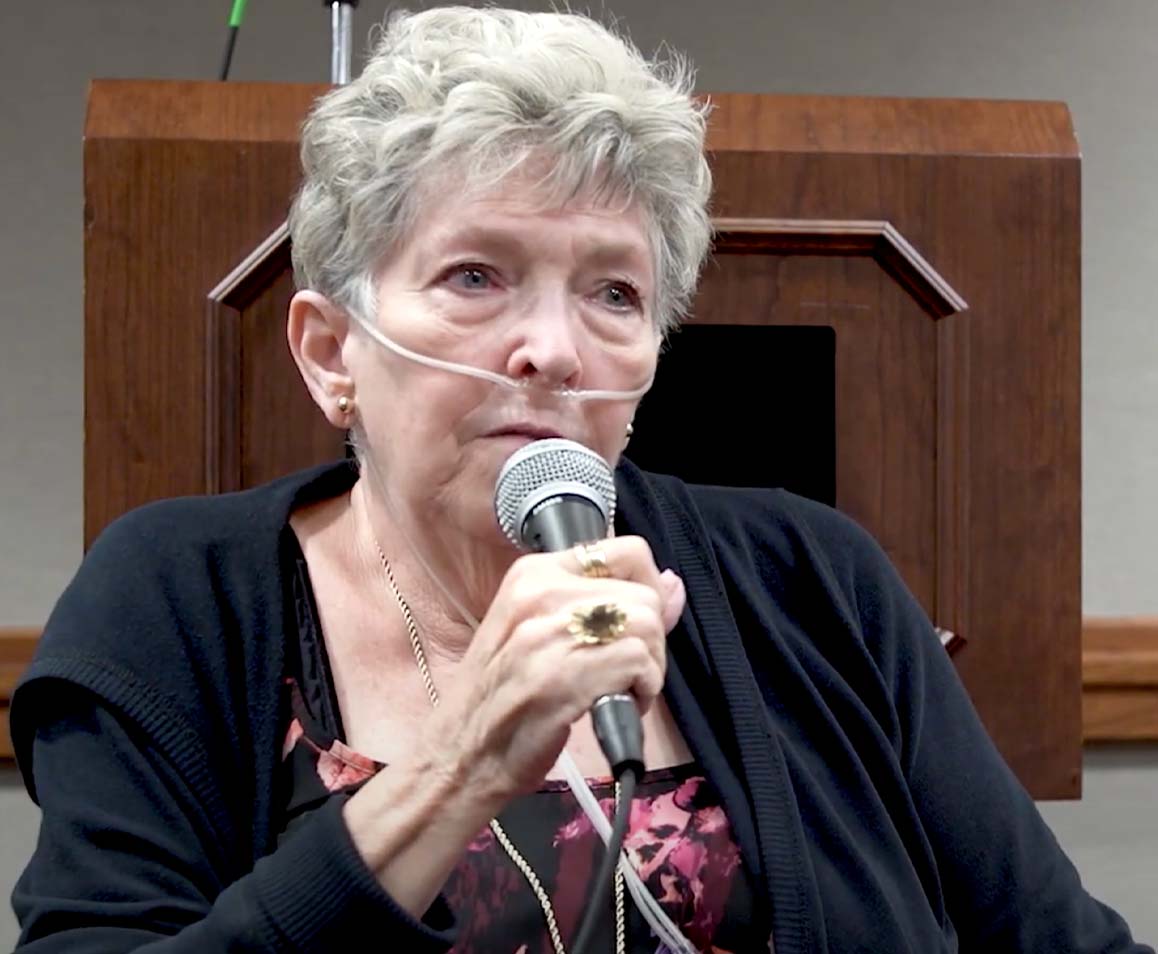Policy
Second Look
Raise The Age
Mercy For Surviors
Closer to Home
To Prevent Youth Violence, Invest in Young People
LSJA’s legislative priorities are developed directly from the experiences of the clients we serve, as well as the juvenile and criminal system stakeholders with whom we work. We are committed to advancing legislation that increases public safety, reduces cost, and improves outcomes for youth and emerging adults statewide.
We advance policies that:
- Support diversionary interventions that would keep youth more shallow in the system and provide individualized, graduated options to meet the needs of youth.
- Require the development of a diversion plan to enhance community-based services and expand the procedural and administrative authority to divert youth from commitment and placement in secure facilities statewide.
- Grow community-based resources to improve public safety through expanded funding to support prevention efforts and address the statewide children’s mental heath crisis.
- Provide meaningful procedural review of cases that consider the unique circumstances of youth and emerging adults to ensure justice and public safety are achieved.
Policy Focus Areas
Second Look: In Texas, youth can serve sometimes 40 years in prison before they are eligible for parole and then the parole process does not consider their youth at the time of the offense as a mitigating factor. Second Look legislation will shorten the time served before parole eligibility, allow the Parole Board to consider the cognitive changes that occur from childhood to adulthood that make them less likely to commit other crimes in the future, and provide an opportunity for youth to prove their rehabilitation.
Closer to Home: Texas should minimize system engagement as much as possible, grow community-based resources to improve public safety, require juvenile courts to coordinate with the Department of Family and Protective Services and community-based resources to focus on the specific, individualized needs of youth, provide scalable, graduated options to meet youth needs, and infuse trauma-informed care into all interventions.
Click Here to Read LSJA’s Response to Feasibility Study Commissioned by TJJD
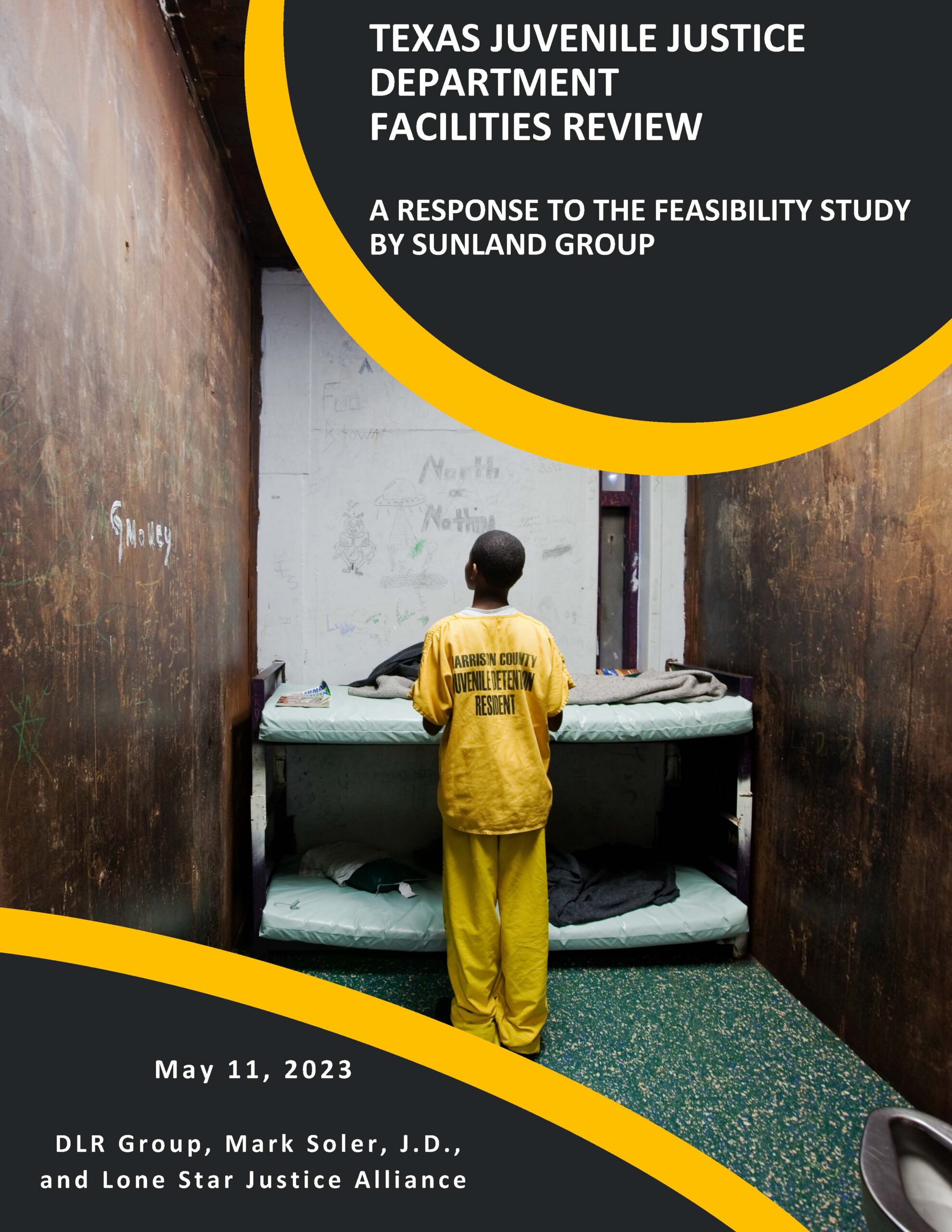

Raise the Age (RTA): Texas should remove 17-year-olds from the jurisdiction of the punitive adult system, and place them under the jurisdiction of the rehabilitative juvenile system.
Health Care for Youth: Texas should promote the mental and physical health of Texas youth by requiring Medicaid enrollment for eligible juveniles at both the county and state level, promoting the expansion of existing mental health workforce programs, and providing for incentives to recruit and retain mental health and substance use professionals.
Mercy for Survivors: Duress is an affirmative defense under the Texas Penal Code. Texas should evolve the Duress defense to include taking a survivors’ situation and history into account, thus making the benchmark comparison a person similarly situated to the defendant. This critical update will benefit survivors of all ages and help reduce the system’s criminalization of victims.
Clean Slate: Texas should update and expand eligibility for arrest and conviction record clearance if a person stays crime-free for a period of time. It’s a proven and successful model to implement commonsense policies that create transformational changes in people’s lives.
Rewrite of the Chapter 55, Mental Health Provisions: Youth with mental illness or intellectual disabilities before the juvenile court—replaces the language “mental retardation” with “intellectual disabilities”; provides definitions for mental illness and intellectual disabilities among a other terms; allows the court to appoint an expert to conduct a forensic mental examination to determine whether a child is unfit to proceed in juvenile court—engross as of 4/14 and headed to the Senate.
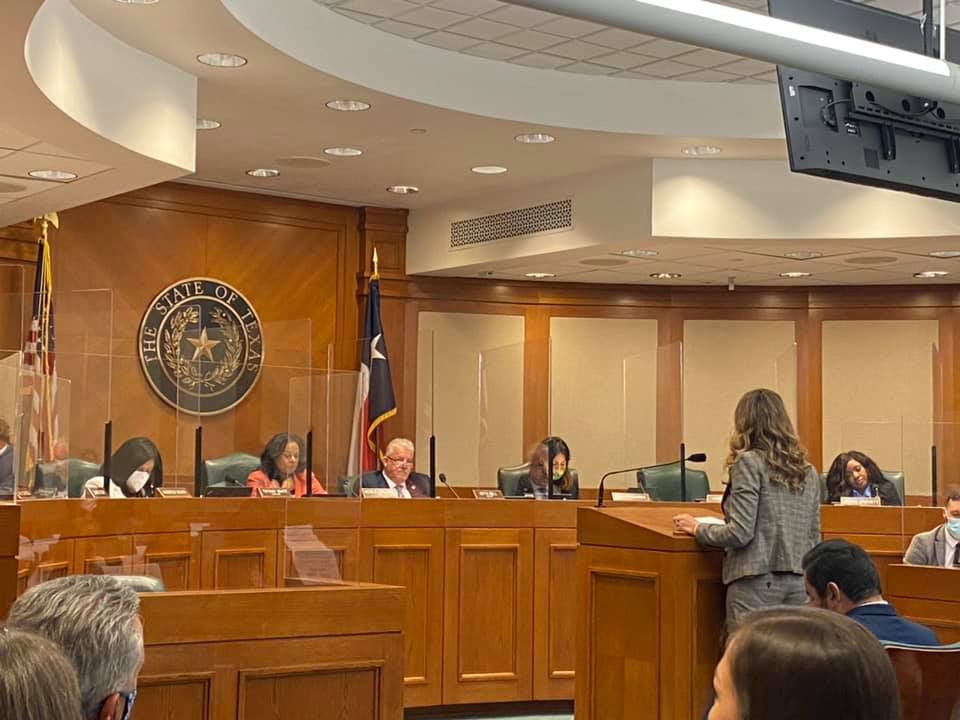
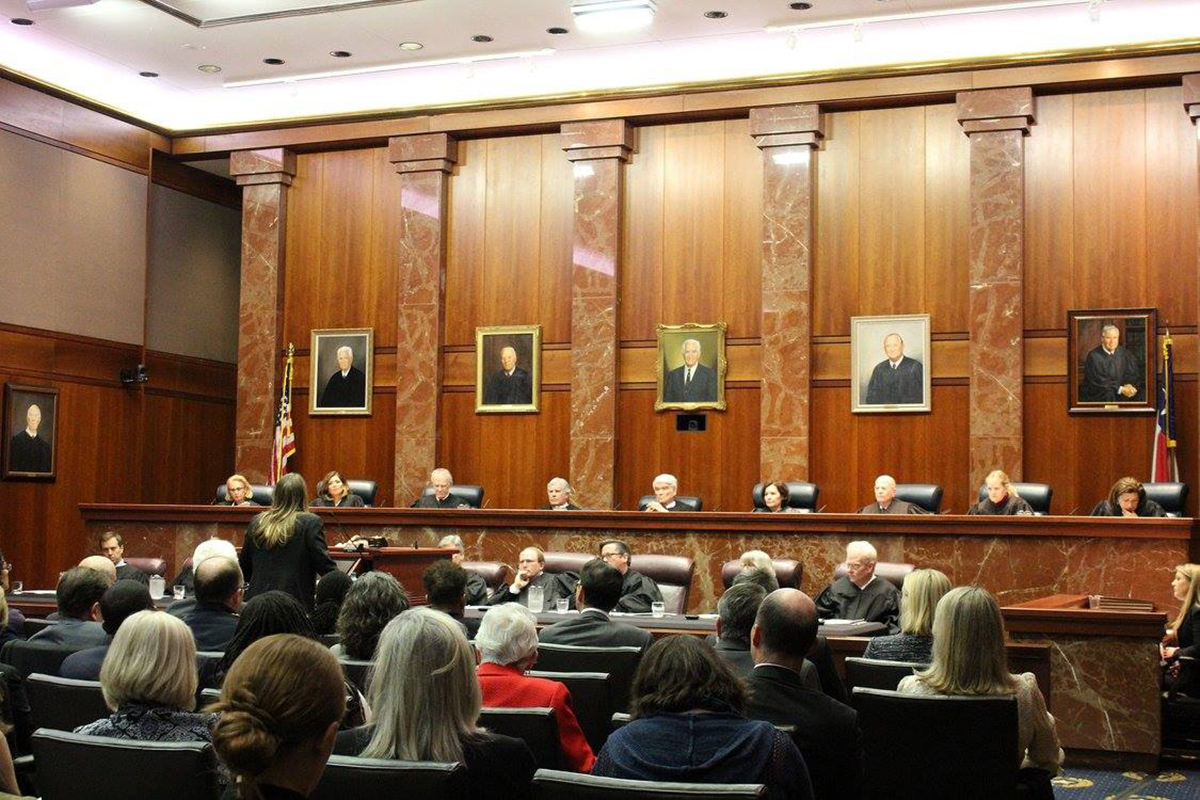
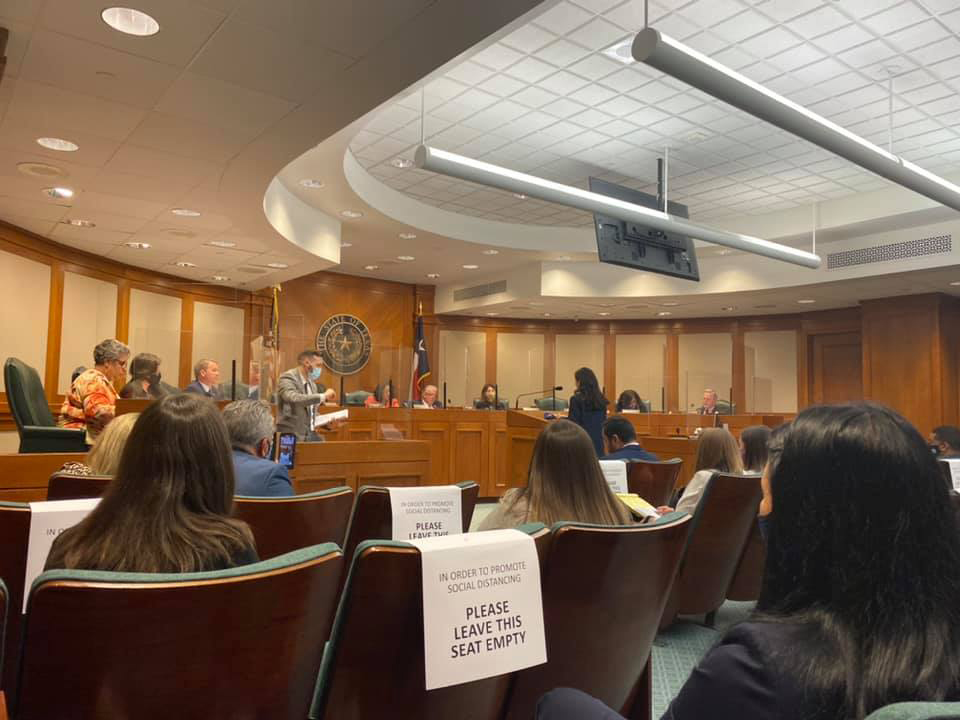

In The News
Learn more about the impact of our policy advocacy.
Project Partners









